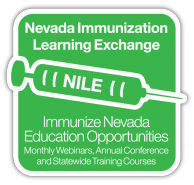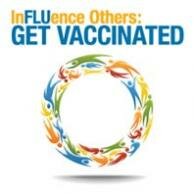For Pre-teens
Did you know that certain vaccines are recommended for adolescents? Take this quiz to find out which out which vaccines your child, 11 years old and older may need.
"Many parents do not realize that some childhood vaccines, such as those for tetanus and whooping cough, wear off over time and, as they get older, young people are at risk of exposure to different diseases at school, camp or in other new situations," said Dr. Anne Schuchat, Director of CDC′s National Center for Immunization and Respiratory Diseases.
Facts about Pertussis, Meningitis, and HPV/Cervical Cancer
Pertussis, also known as whooping cough, is one of the most common respiratory diseases in American teens. It causes a prolonged cough that can last weeks or months and can result in pneumonia or hospitalization. Reported pertussis cases in the United States are on the rise. In 2005 there were more than 25,000 cases of whooping cough, and just recently an outbreak in California has confirmed thousands of cases and has taken the lives of more than 10 infants. Read more about this vaccine-preventable disease and get educated on how you can protect yourself and others around you.
Meningococcal infections can be very serious, and can lead to meningitis and even death. These infections are not very common and only an estimated 1,400 to 2,800 cases occur in the United States annually. However, about 10 percent of teens who get meningitis die from it, and another 15 percent have long-term disability.
Human papillomavirus (HPV) is the most common sexually transmitted infection in the United States, with about 20 million people currently infected. Women have an 80 percent chance of getting HPV by the time they are 50. Every year in the U.S. about 6.2 million people get a new HPV infection. HPV is most common in young people who are in their late teens and early twenties. In 2007, about 11,000 women in the United States will be diagnosed with cervical cancer, and about 3,600 women will die from the disease.



